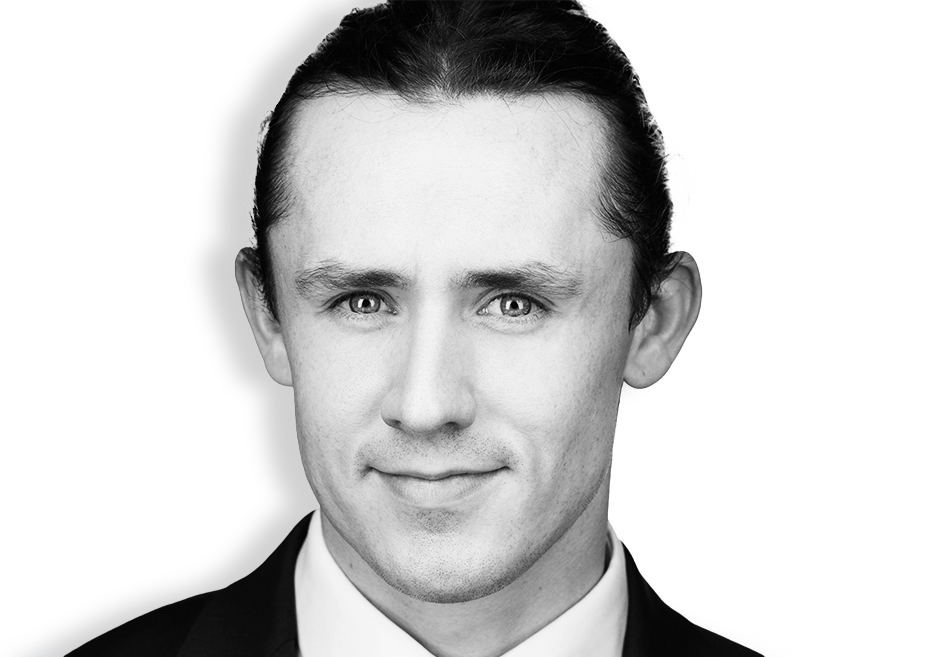Moving abroad to live and work requires significant thought, not to mention resources, and you’d be foolish not to give the move and its impact on your career proper consideration before purchasing your plane ticket.
That’s why we recently joined together with CASSI to bring you a webinar for trainee and recently qualified accountants considering a move to Australia, Canada, Cayman, Dubai or the UK, with the aim of giving you THE best advice about moving abroad after you qualify.
Here Brian O’Connor ACA, Team Lead with Barden and expert in recently qualified accountants careers, shares THE best advice when moving to Australia.
First off, how did you get your insights into the Australian market?
I spoke with a number of recently qualified accountants who have made the move in the past 6 months or so, just to try and get a balanced feel for what is going on on the ground there.
What is the market ACTUALLY like in Australia at the moment?
In Australia, the job market as whole is quite good but it is the most popular destination for Irish accountants, so there seems to be a lot of competition for roles at the moment.
The main thing to understand, is that on the working holiday Visa you’re only eligible for short term contract roles, up to a maximum of 6-months. So despite the job market as a whole being relatively healthy in Australia, you’re only eligible for a small fraction of the total accounting jobs on offer. When you take into account the number of newly qualified Irish accountants moving over – there is a lot of people competing for the same short-term contracts.
What kind of roles do qualified accountants typically move into when they go to Australia?
The typical roles include Financial Accountant, Financial Analyst, Senior Financial Accountant, Finance Business Partner and Management Accountant roles. These roles exist right across the Financial Services and Industry sectors, so It depends on your preferences.
Do people typically take on permanent or contract jobs when they move over?
Typically, candidates will arrive on a 417 working holiday visa, which means they do not have permanent working rights and will usually secure 3-6 month contracting roles that may roll on. If a candidate is fortunate enough to be sponsored, they will switch on to the 482 temporary skills visa and will be offered a permanent position within that particular company. This usually does not happen off the bat but only after someone has proven themselves on a contract.
Is there anything from a VISA point of view that I should be aware of?
In the past there have been delays in the visa application process but there seems to be a very quick turnaround these days.
The structure of a normal 417 visa is as follows:
A candidate can work up to 6 months with one company and if in that time, sponsorship has not been made available through the 482 temporary skills visa, the candidate must move on and secure another contract position for the remainder of their visa. If by roughly 10 months into the visa, a candidate is yet to secure sponsorship, they will need to consider doing the Australian Farm work (this is for 3 months) to secure the 2nd year 417 visa. For more info please refer to this link.
Should I try to get a job before I move over or when I arrive? How long does it usually take to get a job in Australia?
In my experience the only way to secure a role before going over is through an internal transfer i.e. someone moving from KPMG Dublin to KPMG Sydney or similar. Otherwise, due to the time difference, distance and the risk of people not making the trip over, employers tend to prefer to hire people who are already on the ground. It doesn’t make sense for them to hire someone 1000s of miles away when there are plenty of people on the ground looking.
What you can do before you leave, is have the CV ready to go and reach out to a couple of recruiters to arrange conversations for when you arrive. Seek and Indeed are quite popular in Australia so no harm having profiles set up on these sites.
In terms of how long it takes to get a role, it really depends on the market and how proactive you are. Don’t be surprised if it takes a while to get sorted, again this is due to the bottleneck in the contracts market, keep applying, chatting to recruiters, reaching out to your network to give yourself the best chance possible. But once you are involved in an interview process, things can move quickly – again because it’s contract roles and the processes are usually shorter than they are for permanent positions.
What is the likelihood of sponsorship if you wanted to stay for more than one year?
This really depends on the company, bigger businesses that have a track record of offering sponsorship obviously have a higher likelihood than small businesses that have never been through the process before. The hesitation from employers to sponsor is still around the actual cost to sponsor, as well as pressure on them to hire locally.
To be sponsored, a company must advertise a position for up to one month and prove to the government that no local hires could fit the requirements. Historically, Irish accountants have a great track record of getting sponsored however, so it’s definitely a great profession for it.
What experience is seen as being particularly valuable for companies taking on qualified accountants moving to Australia? Is experience outside practice useful?
Big 4/Top 10 training is the type of experience hiring managers look for. However, if someone does have that 1 year experience outside of practice, it’s definitely desirable as it shows ability to hit the ground running.
Aside from the experience factor, candidates who are trying to upskill across different areas like excel, data visualisation tools, SQL knowledge etc., – this will always stand out from the everyday accountant.
What is the average pay rate for a recently qualified accountant in Australia?
Generally speaking, for a newly qualified accountant making their first move out of the Big 4 or a similar graduate program, they can expect to come in at the level of a Financial Accountant, Financial Analyst or Management Accountant. They can expect anywhere from $95k base – $110k base + Superannuation* (all depending on the size of the company, the industry etc.).
For those who may have 1 year experience outside of a graduate program, typically you could still fit into the above role categories, or you can expect to be on the ‘Senior’ end of these positions. Salaries can vary from $105k base – $120k base + Superannuation.
*Superannuation is the pension scheme in Australia and all employees are required to contribute to the fund. Right now the rate is set at 10%, but can vary based on company to company.
What 3 tips would you give to a recently qualified accountant looking to relocate to Australia from Ireland?
- Don’t panic if you don’t get sorted with a role straight away! Keep being proactive and worst-case scenario, considering doing something else to keep you afloat while you look for the right accounting role – you have the rest of your life to work at a desk so a couple of months doing something different might be a nice break!
- These days it’s probably best to keep your options open when you land rather than being very focused on a specific type of company or role. If you can be flexible on location, type of role, industry, salary – you’ll give yourself a better chance of finding something sooner rather than later.
- Enjoy yourself, it’s a working holiday visa after all so don’t forget to travel, break out of the Irish bubble and try new things – Playing some aussie rules, sea swimming, surfing whatever it is that helps you get the best experience possible while you’re over there.
About Brian O’Connor ACA
Brian O’Connor is a Team Lead at Barden, and an expert in recently qualified accounting careers.
Brian qualified as a Chartered Accountant in 2017, completing his training with Deloitte. He is a graduate of UCD and holds a Bachelor’s Degree in Business/Commerce and a Master’s Degree in Accounting.
Following his training in Deloitte he spent some time travelling and working in Australia gaining experience within industry, working in financial accounting roles with Vocus Group Limited, Toll Group and Independent Cement & Lime Group.


 Jump Back
Jump Back

